
UKNIAF: The Z pamphlet for COP28
Here is a brief on who we are, what we do, who we work with and how Inclusive climate change is at the heart of our work.

Here is a brief on who we are, what we do, who we work with and how Inclusive climate change is at the heart of our work.

This document is a collection of our lessons and observations across all our technical components over the last few years.
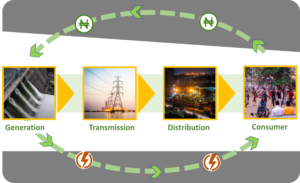
Stories of Change: UKNIAF’s support to enhance electricity agreements in the power sector.

Stories of Change: UKNIAF’s work on weather forecasts with NiMet to TCN
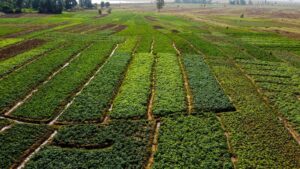
Stories of Change: UKNIAF’s work on Special Agro Processing Zones (SAPZ)
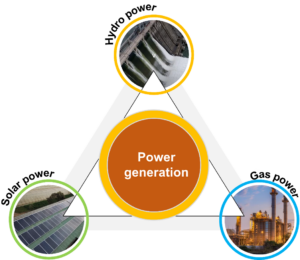
Stories of Change: UKNIAF’s work on the Integrated Resource Plan (IRP)
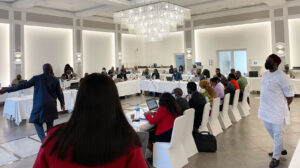
Stories of Change: UKNIAF’s work on the Decision Support Tool (DST)

Stories of Change: UKNIAF’s work on the Service Based Tariff dashboard (SBT)

The Hub aims to encourage women’s active participation in the power sector

Assessing baseline knowledge on the development of an Integrated Resource Plan

“There is a lot of alignment and convergence in our work in infrastructure, which is a core pillar in the Bank’s strategy in Nigeria. This meeting will be useful in helping us identify opportunities to zero in on.” – Lamin Barrow, Director General, African Development Bank Group
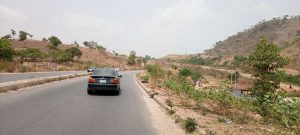
To unpack lessons learnt from our Roads work, we present the history and politics of previous NIAF programmes, which influenced how the Roads work in UKNIAF was carried out
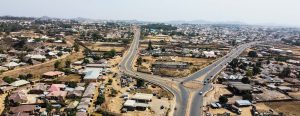
Despite changes, pivots, and budget cuts UKNIAF’s Roads component consistently delivered its strategy through three work streams: Roads Asset Management System (RAMS), Reform, and Project Delivery.

NERC is now able to monitor DisCos SBT SLA compliance at all 11kV feeders. The solution also features a range of supporting compliance and data integrity controls.
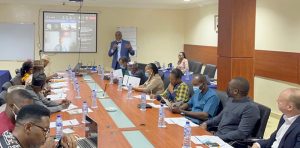
With the recognition that an effective IRP must be participatory and engaging of all stakeholders, the IRP will need more than one policy change champion.
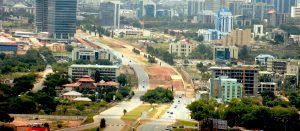
In keeping with the programme’s inclusive and sustainable development focus, UKNIAF adopted a climate sensitive and “people first” approach to the design of its infrastructure finance interventions
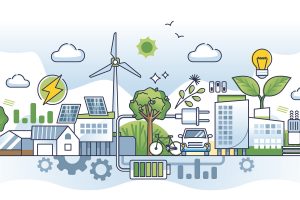
The three lessons in this blog describe how we were able to engineer this transition, keeping our core model in place, retaining our ever important partnerships, continuing to contribute towards our impact, but delivering a different set of tools and processes.

Key considerations for project selection, prioritisation and development in Nigeria

To improve the capacity of government agencies to screen, prepare bankable climate-smart infrastructure projects, and access downstream financing

Supporting Nigerian Roads Sector Ministries and Agencies in incorporating climate considerations into Federal Road Network maintenance, planning, prioritisation and surveys

Supporting Power Sector Utilities to Plan and Deliver Electricity in Ways that Reduce Emissions and ‘Leave no one behind’

The tool will be used to engage with and build institutional capacity regarding climate smart, inclusive and sustainable infrastructure

The current metering situation in Nigeria

With the pivot, we are now fully aligned with the International Climate Fund objectives

Coordination and capacity across key MDAs must be improved in the run-up to COP26 and beyond if policy objectives are to be met.

We created a PGESI and Climate Framework to support Federal Ministries, Departments and Agencies in assessing the pool of projects that attract private sector funding and increase the pace of implementation of cross-cutting initiatives

As an adaptive programme, the programme’s risk management takes a comprehensive approach towards risk identification, prevention and mitigation

International Climate Finance is a UK government commitment to support developing countries to respond to the challenges and opportunities of climate change
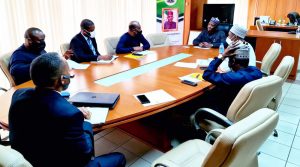
To discuss partnering to transform critical power infrastructure and projects
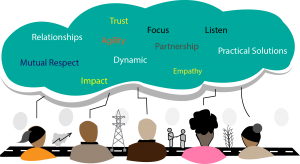
Our Lunch and Learn series is one of several learning processes set up to encourage the programme to improve its quality of delivery as it responds and adapts to changing circumstance
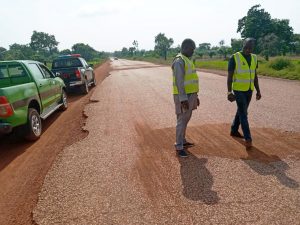
Our Lunch and Learn series is one of several learning processes set up to encourage the programme to improve its quality of delivery as it responds and adapts to changing circumstance
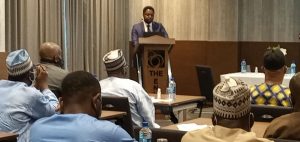
A 3-day training workshop